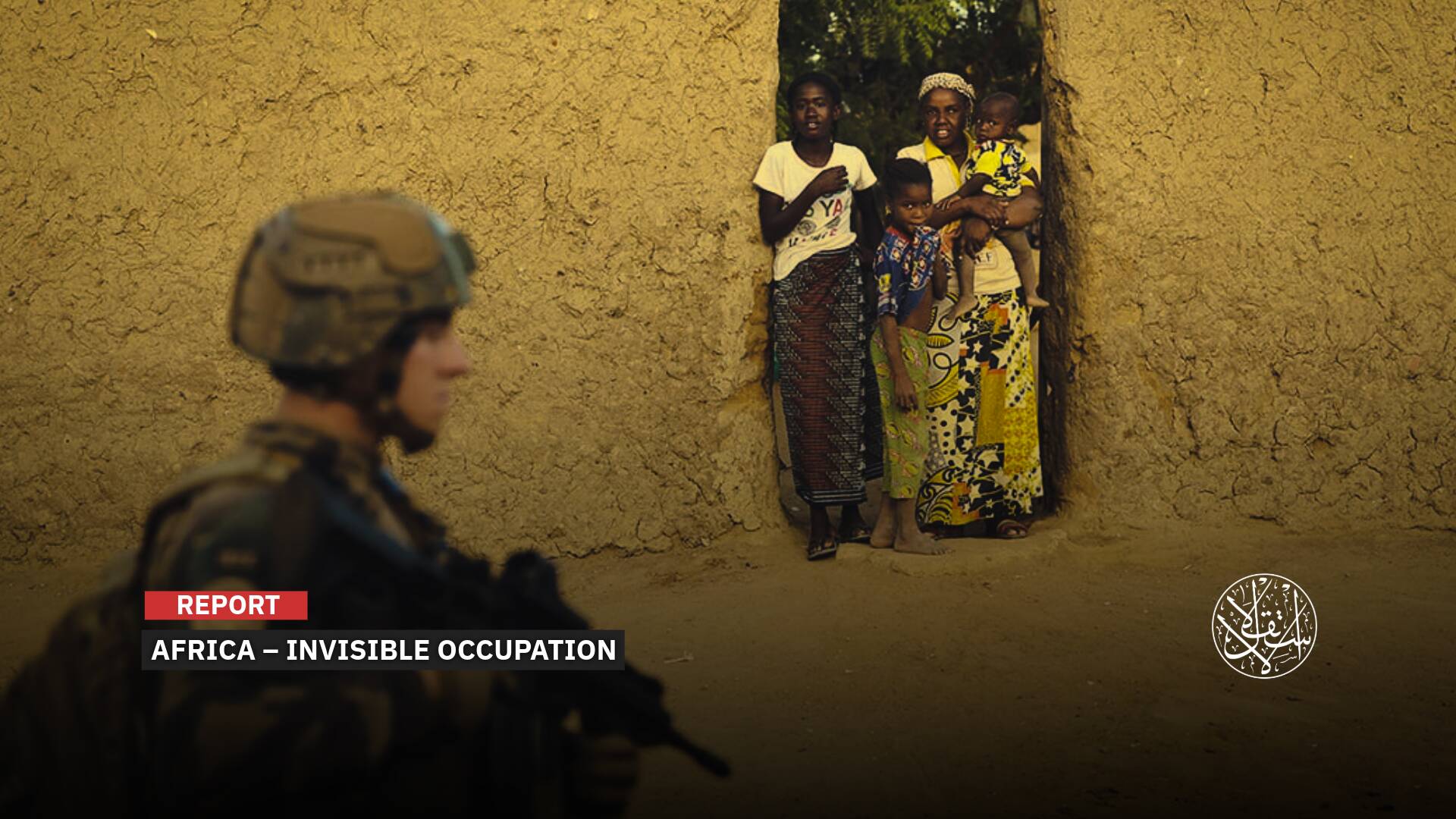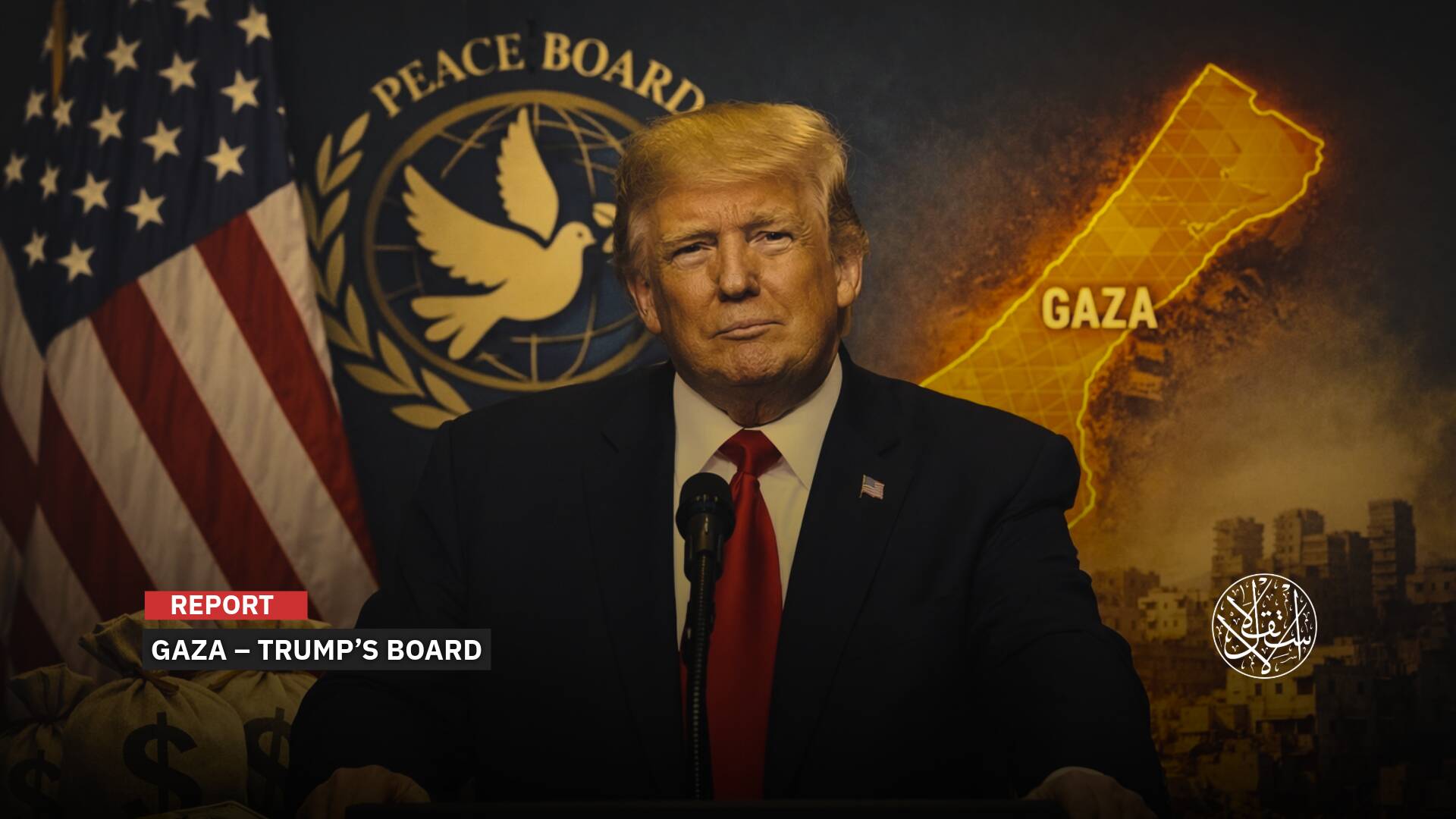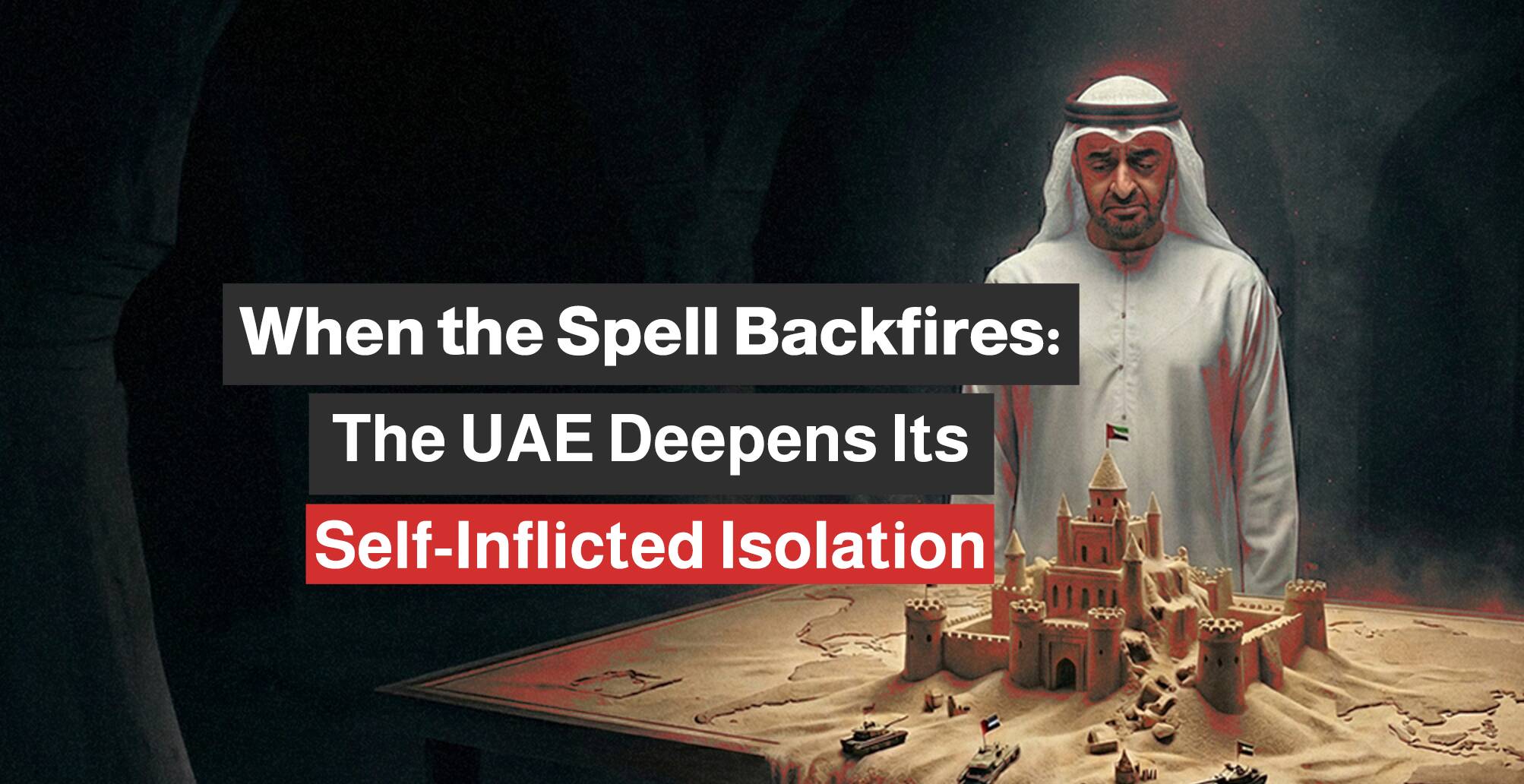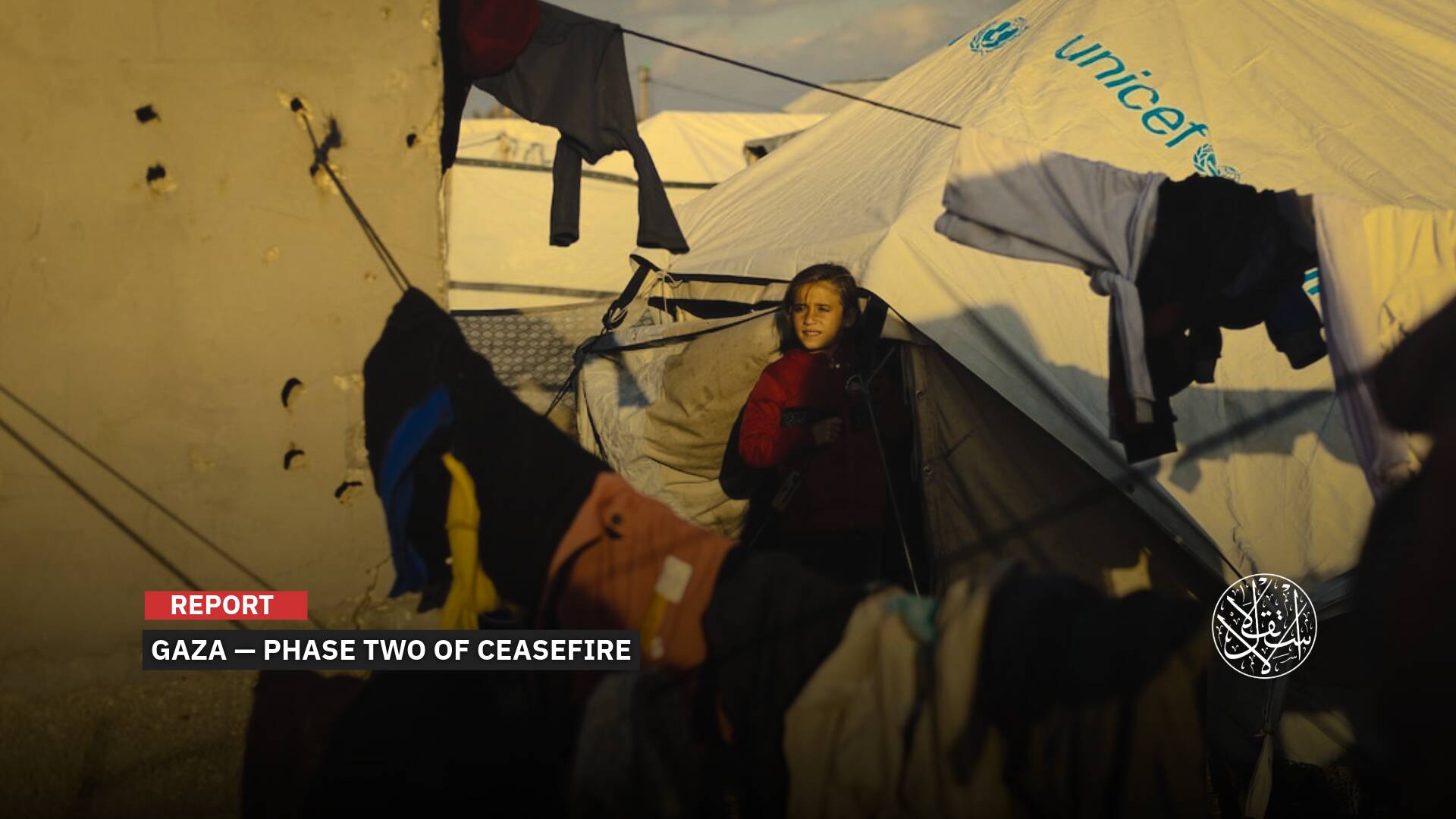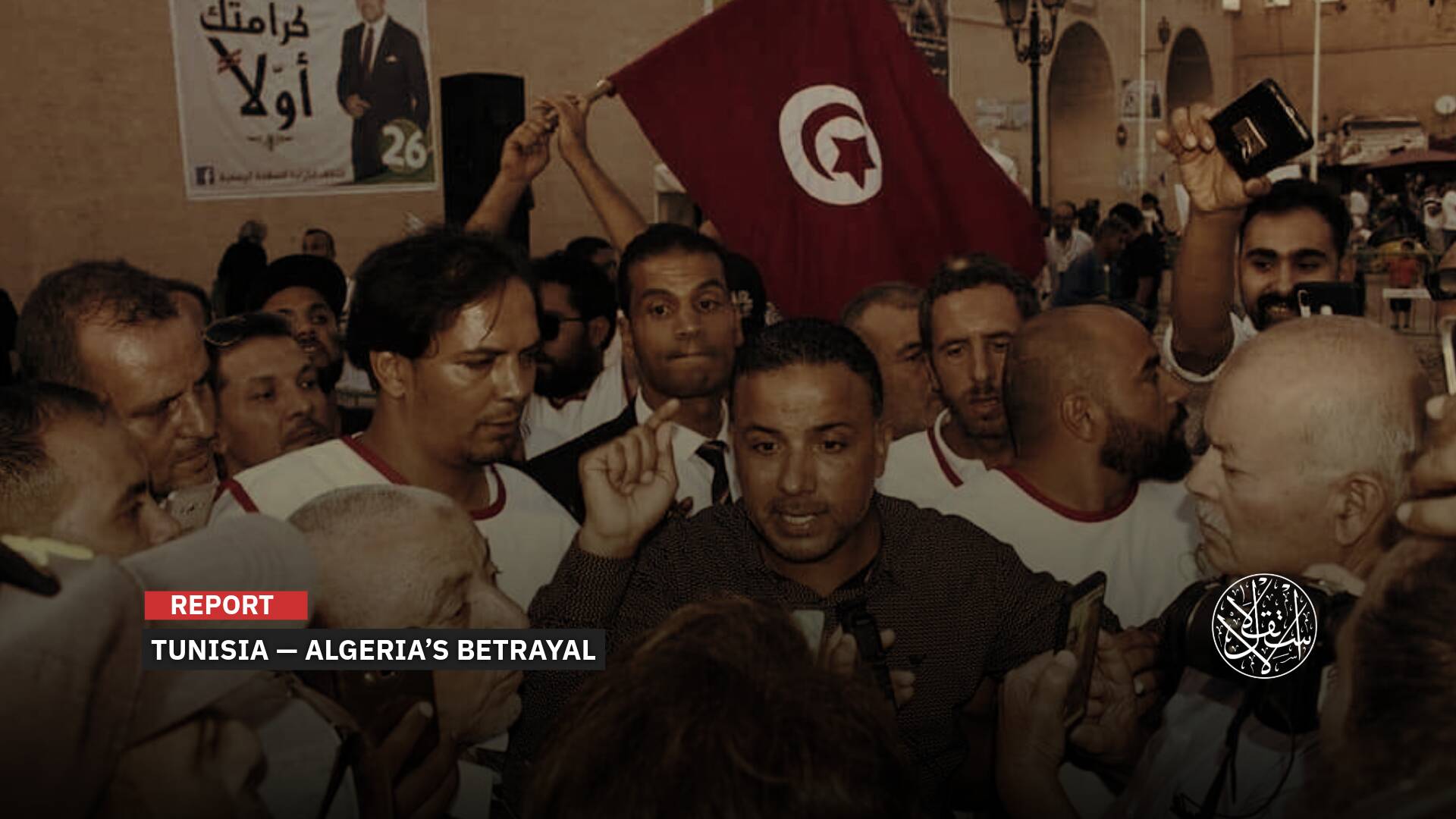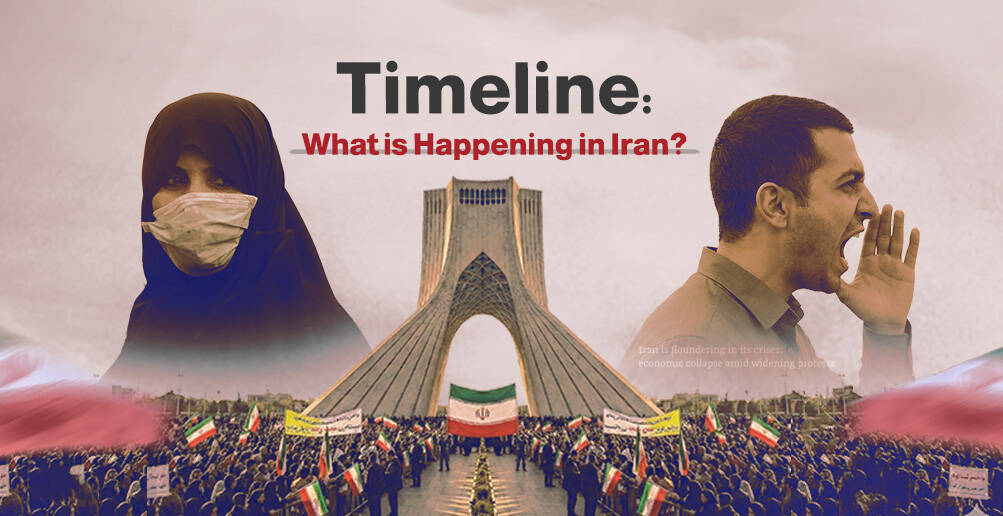Saudi Projects in Iraq at the Mercy of Iran’s Agents

The announcement by Saudi Arabia of signing a contract with Iraq to establish a massive project in Baghdad raises wide-ranging questions about its timing and the feasibility of its implementation, given its previous failures to deliver on agreements with the Iraqi governments due to threats posed by Iranian-backed Shiite militias.
However, this new project marks a significant development following the normalization of relations between Saudi Arabia and Iran, facilitated by Chinese mediation on March 10, 2023.
This comes after a hiatus since 2016 when the Saudi embassy in Tehran was burned by protesters in response to the execution of a Saudi Shiite cleric.
Massive Project
On June 4, 2023, the Saudi Ambassador to Baghdad, Abdulaziz al-Shammari, announced the signing of a contract with Iraq for the establishment of a massive project near Baghdad International Airport, raising expectations about the fruitful outcomes of bilateral relations.
During an interview with the Iraqi News Agency (INA), the ambassador clarified that “the signed contract is for a billion-dollar investment project in the al-Rafeel area near the airport, known as Jaddat Baghdad (Baghdad Avenue), affirming that “it will be a valuable addition to Iraq.”
He further explained that “this project will be distinctive and surprising to all Iraqis, as it will feature the largest mall in Iraq, including spacious cafes, restaurants, commercial offices for major Iraqi companies, as well as 4,000 residential apartments and 2,500 villas.”
The ambassador pointed out that Iraq-Saudi relations are witnessing a wonderful phase, “and today we are starting to reap the real benefits through the visit of the King Salman Medical Center team to Baghdad. This is the first specialized and operational visit, as there is an important exchange of expertise between the best-skilled doctors from both countries.”
He added: “Upcoming meetings will witness economic and cultural discussions, and we assure our Iraqi brothers that the next phase will witness a significant momentum in the activities conducted between the two countries. It will be a distinguished period for investment efforts under the leadership of Prime Minister Mohammed Shia’ al-Sudani.”
As of mid-June 2023, there have been no official statements from the Iraqi authorities regarding the massive Saudi investment in Baghdad.
Three days later, Prince Saud bin Nayef, the Governor of the Eastern Province of Saudi Arabia, announced the commencement of the electrical connection between the Gulf Connection Authority and Iraq, as reported by the Saudi Press Agency (SPA).
The inauguration ceremony of the electrical connection took place on June 9, 2023, in the presence of the Saudi Minister of Energy, Abdulaziz bin Salman, the Iraqi Minister of Energy, Ziyad Ali Fadel, as well as several Gulf energy ministers and officials from both Gulf and Iraqi sides.
The Saudi Minister of Energy stated that the implementation of the electrical connection project between the Gulf Cooperation Council (GCC) and southern Iraq, which was signed during the Jeddah Summit for Security and Development in July 2022, represents one of the projects aimed at enhancing cooperation between the GCC countries and Iraq.
He further added: “It also enhances the security and stability of interconnected networks, maximizes their economic benefits, and increases their capacity to integrate renewable energy sources, thus contributing to the creation of a regional and international market for the exchange and export of electrical energy.”
Iraqi Minister of Electricity, Ziad Ali Fadel, highlights the significance of the Gulf-Iraq electrical connection project as a key strategic initiative for Arab integration in the energy sector. The project serves as a vital link strengthening Iraq’s ties to the Arab Gulf region.
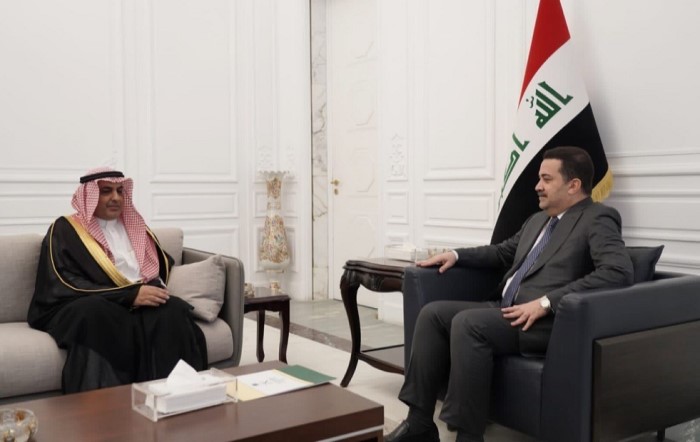
The Fruits of Reconciliation
Regarding the timing of the launch of these projects, especially Jaddat Baghdad, Iraqi researcher Hamed al-Obaydi stated that “the Saudi project may indeed be the fruit of rapprochement with Iran, but it remains to be tested and realized on the ground because several previous projects have failed.”
Al-Obaydi pointed out that “the Shiite militias loyal to Iran, who oppose any Iraqi openness to the Arab world and specifically the Gulf countries, may hinder the project and replace it with an Iranian alternative, as has happened before.”
However, the researcher affirmed that “Iran’s supporters have not criticized or objected to the Saudi investment project so far, which indicates an implicit acceptance, or Iranian guidance to remain silent at the present time.”
In 2018, during the tenure of former Iraqi Prime Minister Haider al-Abadi, discussions were held between the two countries regarding replicating successful Saudi experiences in several countries.
The kingdom expressed its readiness to invest in the Iraqi desert adjacent to its borders, but these ideas did not materialize.
In 2019, the Saudi company Almarai presented investment projects covering an area of 1.7 million dunams in the Iraqi desert, including agriculture, animal husbandry, and food industries, but they also did not see the light.
Under the leadership of former Prime Minister Mustafa al-Kadhimi in 2020, bilateral ties between the two nations flourished, leading to the inception of a notable agricultural project. Saudi Arabia’s ambitious plan involves investment in the Iraqi desert, encompassing Anbar, Najaf, Karbala, and Muthanna (Samawah Desert). Spanning across one million hectares, this initiative aims to generate over 60,000 job opportunities.
The project, planned at that time, included establishing green barriers across vast areas through the cultivation of over 10 million date palm trees, as well as establishing residential and industrial cities and cattle farms.
However, Saudi companies announced in November 2020 the cancellation of their agricultural investment plans following a campaign led by Iraqi entities close to Tehran, citing water scarcity in Iraq as a pretext.
Popular Mobilization Forces (PMF), comprising various Iran-affiliated militias, respond to Saudi agricultural investments in Iraq by announcing their own project.
The initiative entails planting one million date palm trees in Muthanna province’s Samawah Desert, located adjacent to the kingdom. This move signifies their opposition to Saudi ventures in Iraqi agriculture.
The General Engineer Company, affiliated with the PMF, is responsible for this project, and the first phase began on March 21, 2021, with the planting of 20,000 date palm trees using modern irrigation methods and clean energy.
According to a statement by the Popular Mobilization Forces, the project being implemented in the southern Samawah Desert aims to benefit from the vast arable lands and transform the desert into a food basket for Iraq, providing many job opportunities for the unemployed.
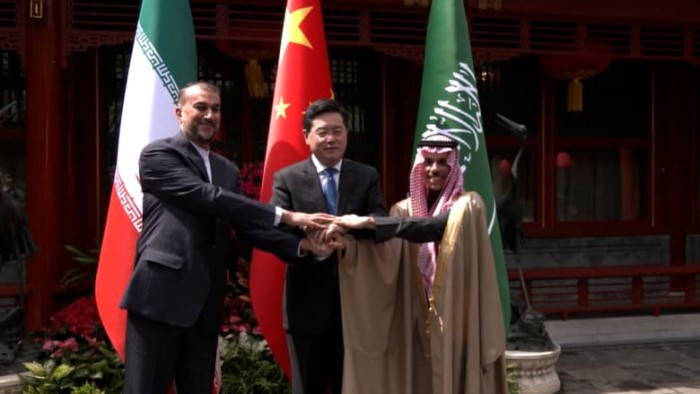
Saudi Rush
Despite the challenges encountered by Saudi projects under previous Iraqi governments, many of which remained unrealized, Saudi officials have unequivocally demonstrated their country’s commitment to investing billions of dollars. Crown Prince Mohammed bin Salman himself has publicly declared his intention to invest $100 billion in Iraq.
On May 25, 2023, Muteb al-Shathri, acting CEO of the Saudi–Iraqi Investment Company, stated that the Saudi Public Investment Fund (PIF) has established a new unit to invest in various sectors in Iraq, with a capital of $3 billion and headquartered in Saudi Arabia.
During the Saudi–Iraqi Coordination Council held in Saudi Arabia, al-Shathri added that the company will invest in infrastructure, mining, agriculture, real estate development, and financial services.
The Saudi Iraqi Investment Company, fully owned by the Public Investment Fund, is part of the initiative announced by Mohammed bin Salman in October 2022, which involves establishing five regional companies targeting investments in Jordan, Bahrain, Sudan, Iraq, and Oman.
This comes after the launch of the Saudi–Egyptian Investment Company in August 2022, with targeted investments reaching up to SAR 90 billion ($24 billion) across various sectors.
The final statement of the fifth session of the Saudi–Iraqi Coordination Council on May 25 emphasized the agreement to enhance bilateral relations in various fields, especially in politics, security, trade, investment, culture, education, tourism, and energy.
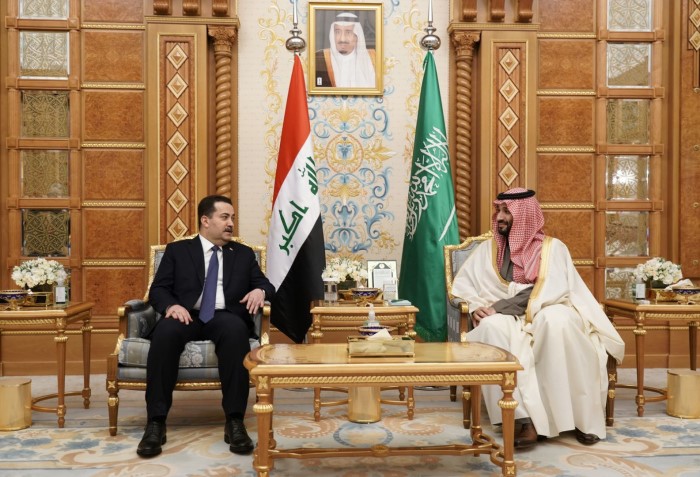
The two countries commended the successful efforts of the OPEC+ group in enhancing the stability of the global oil market, emphasizing the importance of continuing this cooperation and the need for all participating countries to adhere to the OPEC+ agreement for the benefit of producers and consumers, in support of global economic growth.
The statement mentioned that Saudi Arabia and Iraq intend to increase the pace of economic and investment cooperation between them, noting the growth of bilateral trade volume to $1.5 billion in 2022, with a 50% annual increase.
The statement also highlighted the importance of opening a branch of the Saudi National Bank, also known as SNB Al-Ahli, to facilitate bilateral trade between the two countries.
The announcement of the Saudi National Bank in Saudi Arabia, along with its strategic partner Arab Bank, to establish Arab Bank Iraq aims to support the enhancement of investments between the two sides and the avoidance of double taxation, which is expected to come into effect soon.
During a television interview on April 3, 2023, Iraqi Prime Minister Mohammed Shia’ al-Sudani revealed that Saudi Crown Prince Mohammed bin Salman said he is now ready to invest $100 billion in Iraq.
Sources
- With one billion dollars, Saudi Arabia announces the conclusion of a contract with Iraq to establish a huge project in Baghdad [Arabic]
- After normalization with Iran, Will Saudi Arabia succeed in investing in the Iraqi agricultural sector? [Arabic]
- From Saudi Arabia, officially launching the Gulf electrical interconnection project with Iraq [Arabic]
- Launching a Saudi-Iraqi investment company with a capital of $3 billion [Arabic]
- Al-Sudani: Saudi Arabia is ready to invest 100 billion dollars in Iraq: What is the purpose? [Arabic]






